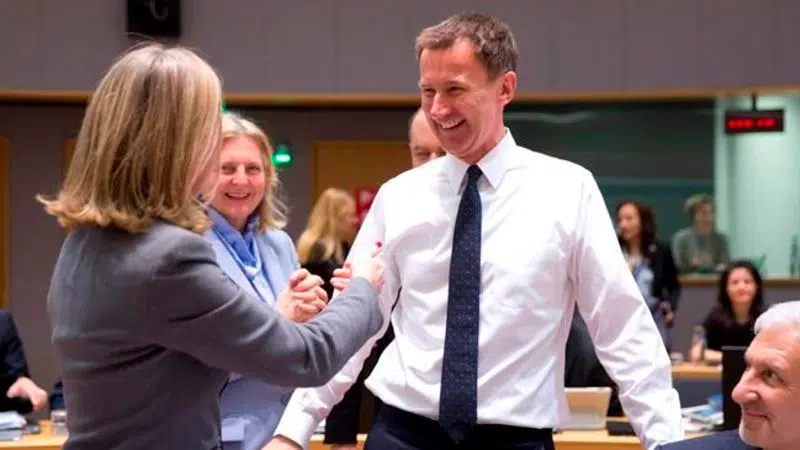
UK prime minister in last-minute push to win Brexit support
LONDON — British Prime Minister Theresa May was making a last-minute push Monday to win support for her European Union divorce deal, warning opponents that failure to approve it would mean a long — and possibly indefinite — delay to Brexit.
Parliament has rejected the agreement twice, but May aims to try a third time this week if she can persuade enough lawmakers to change their minds. Her aim is to have the deal agreed before EU leaders meet Thursday for a summit in Brussels.
But there was no sign of a breakthrough, and the government faces a deadline of the end of Tuesday to decide whether they have enough votes to pass the deal, so that a vote can be held on Wednesday.


